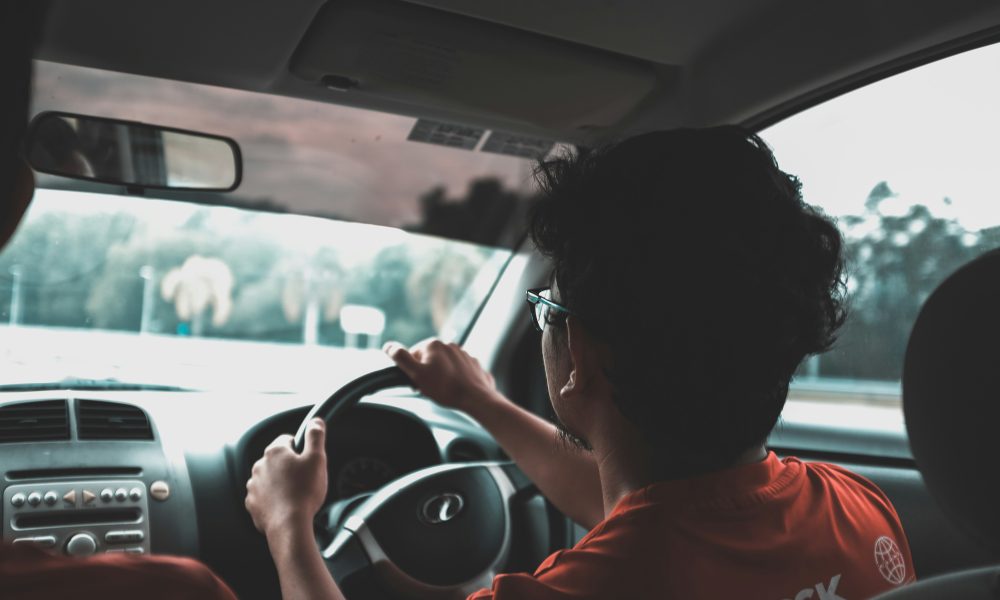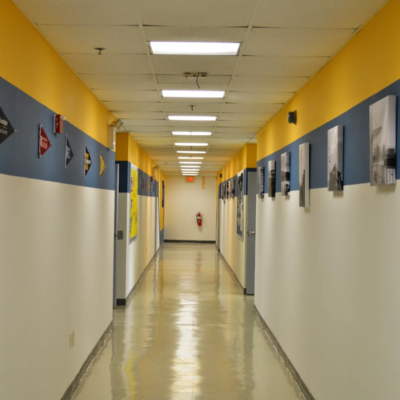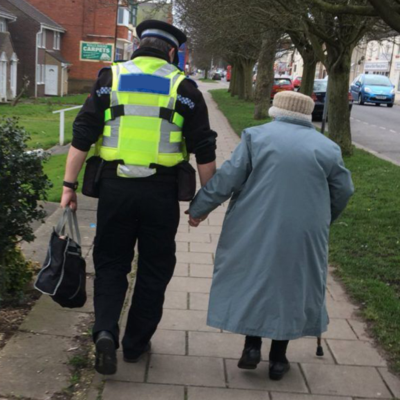Wheels of Time: Teen Drivers’ Spin on the Ever-Present Automobile
Most places in the United States are incredibly car-centric, with long stretches of four-lane freeways cutting across vast swathes of the country and car dealerships and parking lots just about everywhere. Every city has its own unique, colorful terms for rush hour traffic. Nothing says America quite like a jam-packed street or a sluggishly moving highway. But there’s a concerted push for a new model for travel that doesn’t bend everything to the convenience of the automobile. Why should our cities and towns be designed around cars as the primary means of transportation, when they’re by all accounts the worst option?
In exchange for individual comfort and convenience, the car falls far short of trains and buses in capacity, scalability, and environmental impact. Cars are extremely dangerous, and claim over 40,000 lives each year in America – more than twice the national rate of homicide. Automobiles make up as much as 28% of all US greenhouse gas emissions, making them the worst single source of emissions countrywide. Cars are a leading cause of noise pollution, and eat up public space for their roadways and parking spaces. In light of all this evidence, the car seems as guilty a polluter as the man dumping radioactive sludge into the proverbial fish pond. And the climate crisis is clearly not going away; case in point, the recent wildfires across California have killed at least 28 people and caused nearly $300 billion in damage.
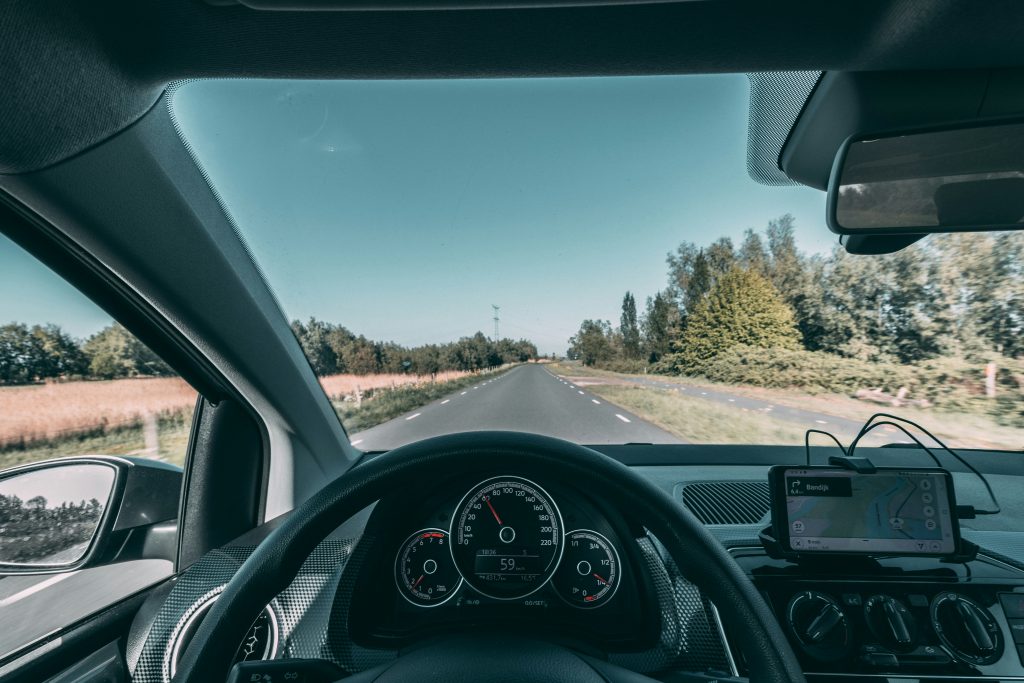
The time has come, some say, for the dethroning of the automobile and investing public resources not into highways and underground lots but mass transit — for the sake of the city, its citizens, and the environment. And it’s possible that many young people agree with them. Interestingly, the rate at which people aged 16-19 are getting their drivers’ licenses has declined from 64% at the turn of the century to under 40% in 2023. Intrigued by this rate of change and wanting to know what was on their minds, I asked several students at my high school their opinions on driving, cars, and the way our cities are built.
A big part of the desire to drive stems from a desire for independence, whether that’s moving on in life or being able to take a load off of family members. Serena Oyama got her license in May 2024. Driving gave her a rush of self-reliance and made things easier for her family; she lives with a “single mom who is always working… just being able to get around by myself alleviates stress from her life, and from mine.” She described being able to get a multitude of things done in the summer, whether they were necessary errands or meetups with friends, and feeling a sense of relief. “It really saved my summer… not needing to worry about public transportation, just being able to rely on myself and not needing to put my mom under any stress either.” One undeniable benefit of the car is independence; after all, trains can’t run everywhere, and many places will never be able to support mass transit infrastructure.
For others, getting a license was a task that just needed doing. Melanie Ho got hers about a week before this interview. She described a passable Driver’s Ed experience: “It was mostly virtual, so I just kind of locked in and took a lot of screenshots, because they said to…” Getting her license was optimal not because of a huge desire to drive in the immediate future, but because she recognized this as a good time to get it done before she’d be heading off to college. “I wanted to have a nice form of ID too, and not be dependent on other people for rides, especially in America.” She recognized that the U.S. is incredibly car-centric, and reflected on the fact that if public transit was expanded and improved, she’d feel less of a need to drive but “would probably still get a license, because going to the countryside would be hard – you don’t want to walk through like a 20 acre field looking for your uncle or something.”
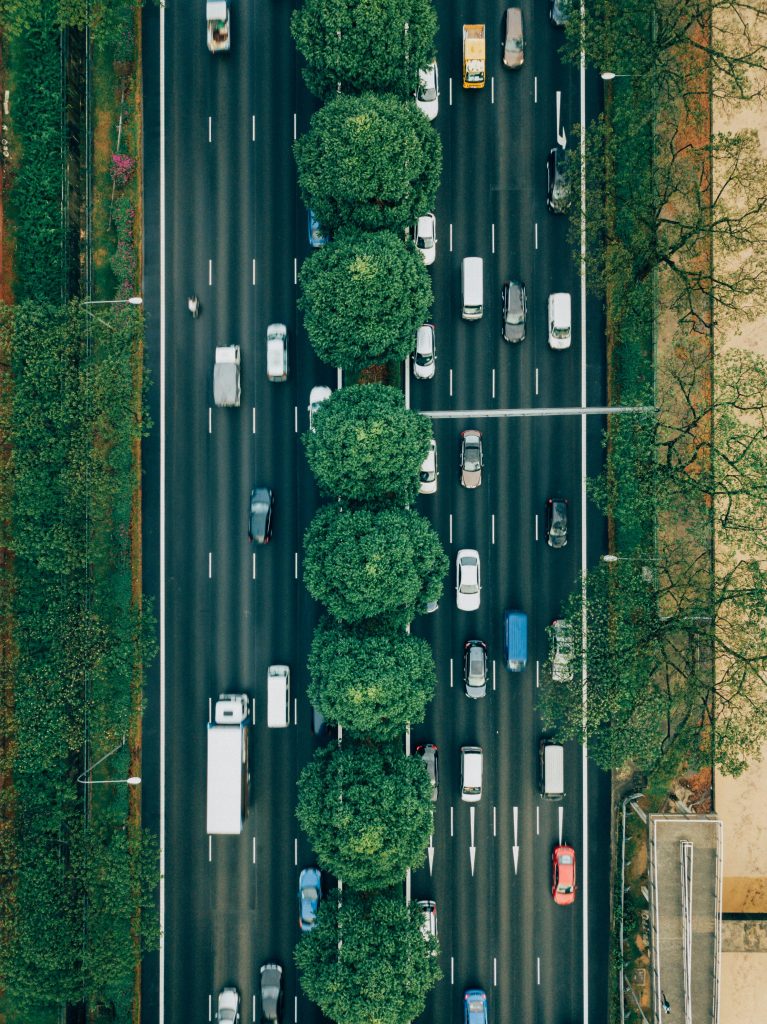
Freedom of travel was a big point for quite a few people. Alexander Bakum just wanted his license so he’d be able to drive himself to places. “Obviously not to drive into Boston because, you know, that’d be bad, but to drive to the Natick Mall or places North of Boston or Salem or the Cape. It’s so freeing to have a license even if you don’t ‘need’ one.” Asked if he felt more independent after getting a license, he gave a definite yes. “I’ll just be like, ‘Oh, mom, I’m going to do something, I’ll take the car,’ and go and do it… If there’s something I need to do, I can just do it with the car.” Like many teenagers, Alex experienced some parental pressure to start driving. “I think they were just sick of having to drive me around places.” In the end, he was happy to have his license and have more time to himself, but he also expressed optimism in a hypothetical improved transit system. “If there were trains that were reliable and inexpensive I probably wouldn’t feel the need to get a driver’s license because I wouldn’t need to go to those specific spots with the car.” Also, he offered some words of encouragement to fellow students. “Getting your license before 18 is a journey but it’s so worth it. I’d definitely recommend doing it.”
The last person I spoke to was Ezra Kleinbaum. Ezra is very active in the Boston and Brookline communities as a climate and animal justice activist. He’s organized numerous protests outside of clothing stores that carry fur products, as well as an avid runner and enjoyer of the outdoors. So, naturally, he was one of the last people I’d have expected to be driving. His first sentence cleared up my confusion: “My mom made me.” Ezra’s parents wanted him to be able to drive so that he could take care of himself in emergencies and other situations where he’d need that ability. In his view, driving is horrible for the planet and something he’d rather not be doing. “I have a lot more opportunities to drive now that I’ve got my license, and I really dislike that.” Still, there’s parts of being on the road that he enjoys. “Going on road trips as a family, it’s a lot more fun to be the one driving than just sitting in the car. I can also take myself places I wouldn’t be able to go otherwise.” If transit were better, Ezra said he wouldn’t feel any need to drive at all, but admitted that his mom would probably still force him to.
Being able to drive is a very empowering experience for teens, and there’s many reasons they might choose to learn. Like other things in our lives, it can be a necessary chore, a step towards growing up, or something that our parents have an outsized role in bringing about. The independence of driving can be a needed relief for families with a single parent, a source of comfort for those looking for a life far from home, or just a breezy new addition of mobility to life. Change doesn’t need to affect the entire way we live our lives to be meaningful; the simple act of holding a steering wheel can change a life all the same.



